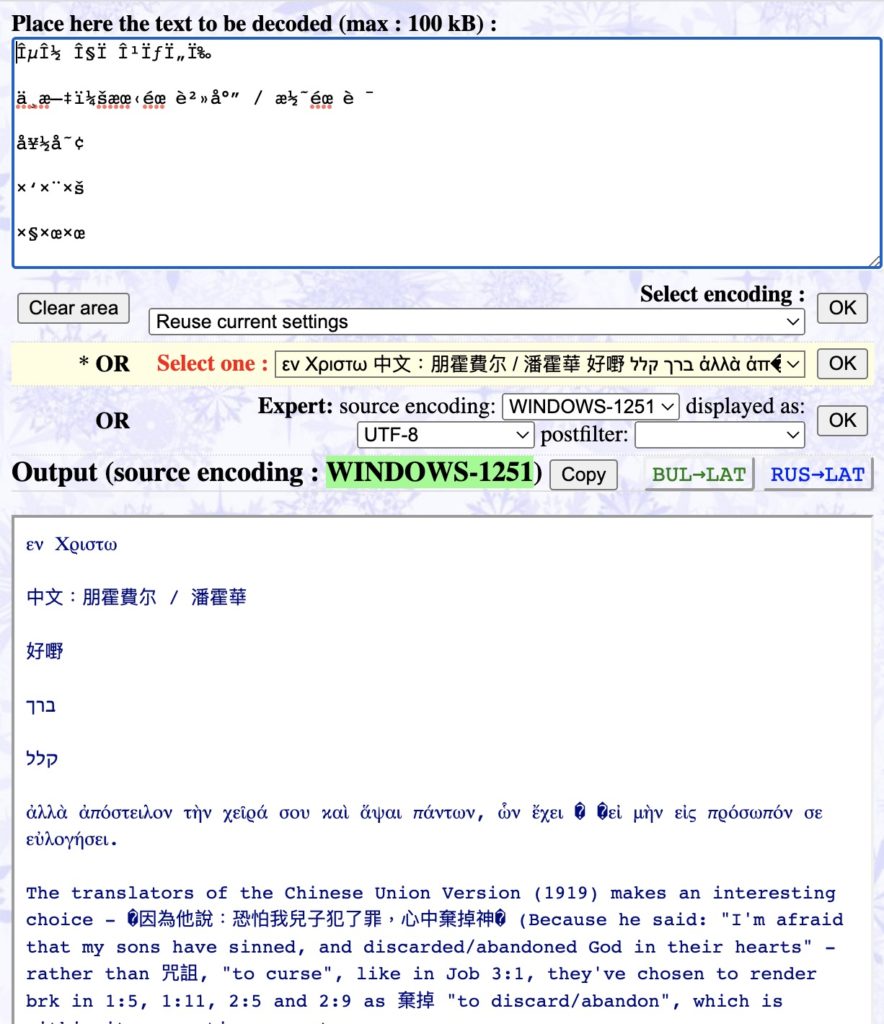If you were to tell me at the start of the year that my final sermon for 2021 would be at a beach baptism celebration for a crowd of friends, family and curious onlookers, I wouldn’t have believed you. But thanks to COVID, there’s a time for everything it seems!
If you’re interested, here’s the recording and script of the talk (the audio quality is poor, so turn on the subtitles!). Would love to hear what you thought.
“A Time For Everything” (Ecclesiastes 3:11)
Some people say, time slows down when you’re at the beach. The gentle breeze, the unhurried waves. Wouldn’t we love to capture a moment like this for all eternity?
By my count, there are 5 days left of 2021. It seems like yesterday we were making plans for 2021. Then our least favourite Greek letter of the year – Delta – brought lockdowns, vaccines, traffic lights. And so if you’ve wondered this week, “Where did all that time go?” – I get it.
Turns out time is also on the mind of the Teacher in the book of Ecclesiastes, which Song just read. (This also happens to be Song’s favourite chapter of the Bible). Did you notice how the Teacher started? “There is a time for everything, and a season for every activity under heaven.” (Ecc 3:1)
And whether you wish time could stop, or fast forward from here, that statement rings true, does it not? “There is a time for everything.” Time to weep, time to laugh. To mourn. To dance.
And because there is “a time for everything”, we’re gathered here, in our beach clothes, to celebrate a special time, our five brothers and sister getting baptised.
Let me explain baptism briefly. As Christians we believe in “one Lord, one faith, one baptism” (Eph 4:5). As PCBC, we believe the Bible teaches that baptism is an ordinance of the church, offered to believers as one of the family habits our Lord Jesus gives us. We see baptism is an outward sign of an inward reality. Baptism pictures the change of heart and life that happens in every genuine believer who, by God’s Spirit, repents from sin and puts their trust in Jesus Christ alone for their hope, peace, joy – the change we heard from each of their testimonies yesterday and today. Like a wedding ring symbolises the union of marriage, baptism symbolises a person united with Christ, living in Him.
Baptism itself has no saving power. This is water from Cockle Bay. These are sandshoes from the Warehouse. But by being baptised, Erica, Billy, Song, Chris and Kenneth are publicly declaring that, through the saving blood of Jesus Christ, they have received the gift of eternity with God, and a new way of life.
And if someone was looking for a new way of life, it was the teacher in Ecclesiastes. Because his reflections on time in chapter 3 come after two chapters of complaining. Listen to some of his earlier words:
“I amassed silver and gold for myself, and the treasure of kings and provinces.” (Ecc 2:8)
“I denied myself nothing my eyes desired; I refused my heart no pleasure.” (Ecc 2:10)
Sounds like the Kiwi dream. And yet, when the Preacher looks carefully at everything he’d accomplished with his own hands, he says:
“Everything was meaningless… a chasing after the wind; nothing was gained under the sun.” (Ecc 2:11)
And if 2021 has felt looking for a breeze that won’t come… if your life feels like a mist or vapour, if it seems as pointless as blowing bubbles and watching them pop, then you are not alone. We remember from the book of James – “Is not your life like a vapour? …like a mist that appears for a little while and then vanishes.” (James 4:14)
And after reflecting on time, the Teacher in Ecclesiastes 3:10 says:
“I have seen the burden God has laid on people” (Ecc 3:10). And then he makes a profound observation:
“He has made everything beautiful in its time. He has also set eternity in the human heart; yet no one can fathom what God has done from beginning to end.” (Ecc 3:11).
In this sentence I want us to notice three timely thoughts.
First, He has made everything beautiful in its time.
Our country has seen its fair share of division, hurt and heartbreak this past year. But we’ve also seen kindness and generosity. Sacrifice for the common good. Amidst the burdens, He has made everything beautiful in its time.
And spiritually, this is something each of our five brothers and sisters know first hand:
As we heard from Billy, it took 7 years of depression, hurt and loss before God made everything beautiful through the love of Jesus, who “loved him first.” (1 John 4:19)
For Erica, her earlier feelings of insecurity and failure eventually showed her a beautiful God who is “in control, and will never forsake me.”
And Song put it this way: “COVID allowed me time to pause and conclude there was more to life than tangible possessions, job status or even the next step in life. All these items are about filling a need for more which can only be filled by God’s love and grace.”
Amidst the burdens of life (v10), God does bring beauty from brokenness, in His timing.
Secondly,
He has also set eternity in our hearts.
This verse from the Teacher alludes to a much earlier time – to our first parents. Notice the echoes from Eden: a yearning for eternity, to live forever. And verse 10 speaks of the burden (lit: the task) God gives to – literally — the children of Adam (Ecc 3:10).
To want something that lasts forever, and be left frustrated, is an age-old, timeless problem. But it’s our problem too.
Because what is behind our obsession with work, or grades, if not a wish to live forever?
Or our mission for likes and subscribes, are we not just chasing eternity in our hearts?
Sometimes it takes standing at a beach, surrounded by God’s beauty, for those deep questions to surface from our hearts. “Who am I? Why am I here? What is the purpose of my life?” Perhaps now is the time to search (v6) for the true answer for something that lasts forever.
And finally, in this timely sentence the Teacher says:
“yet they cannot fathom what God has done from beginning to end.”
And here we realise the Teacher speaks from too early a time, before the cross. By the end of Ecclesiastes, the call is to rejoice rightly, to fear God and keep His commands (12:13). But that’s all.
You see, when these words were penned thousands of years ago, God’s saving plan from beginning to end was still unfolding, like deep water, unfathomable.The tide had not yet turned.
But pay attention to Paul, an eyewitness of Jesus, because in Romans 5:6-8 he says: “You see, at just the right time, when we were still powerless, Christ died for the ungodly. Very rarely will anyone die for a righteous man, though for a good person someone might possibly dare to die. But God demonstrates his own love for us in this: While we were still sinners, Christ died for us.” [REPEAT]
Do you see? Timing is everything. While we were still sinners, Christ died for us.
As we heard from Kenneth, even when his life was a meaningless cycle of partying and drinking, Christ died for him.
Even when Chris was stuck in his downward spiral, Christ died for him… he died for you, and me, for all who believe in Him.
There is a time for everything, what makes Jesus such good news is that His timing meant everything. At just the right time, he enters our world. Takes on our flesh. At just the right time he announces the Kingdom of God with signs and wonders, teaching and healing like no other. At just the right time, he hands [show] himself over to demonstrate God’s own love for us – while we were still sinners, Christ died for us. His timing meant everything.
What the Teacher in Ecclesiastes couldn’t fathom, you and I are about to see in the waters of baptism. What God has done from beginning to end. There’s a time for everything, yet because Jesus died and rose again, His timing changes everything.
For these five, today marks a new chapter. What about you? What will you do with your time?
If you’re not a Christian, is it time to seriously consider who Jesus is, perhaps by picking up a Bible with a friend?
If you’ve never publicly owned your faith in Jesus, is it time to be baptised and added to the church?
If you long for others find eternity in Christ, is it time to give up something good, for something better, and follow God’s call for you into deeper waters? Jesus once said: “The time has come for the Son of Man to be glorified.” (John 12:23) As we spend time celebrate these baptisms, as we see his death and resurrection before us, may Jesus, the Son of Man, be glorified. Let’s pray.
“A Time for Everything”, 26.12.21, Baptism Celebration @ Cockle Bay Reserve

















